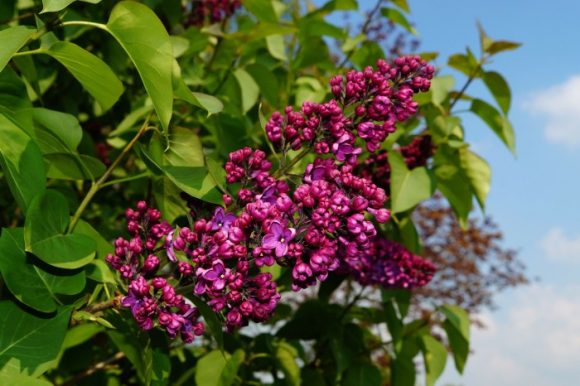All posts tagged syringa vulgaris
The Amazing Health Benefits Of Lilac Flowers
Syringa vulgaris or lilac is a flowering, deciduous shrub in the olive family. It is native to the Balkan Peninsula and was commonly propagated by European immigrants wherever they settled in order to preserve memories of home. In the US, lilacs were brought by pioneers in the 1800s. These flowers are commonly cultivated for their beautiful purple-blue or yellow petals and fragrance. In addition, the flowers are popular for their essential oils which are commonly used in aromatherapy. Continue reading [...]

